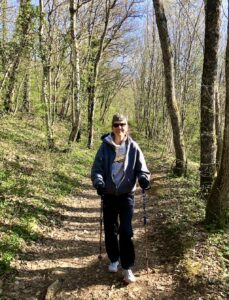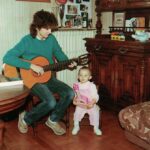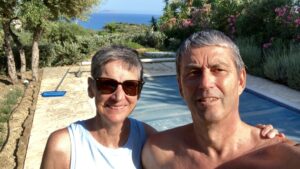 Forty years ago on New Year’s Eve 1983, I said, “I do,” in a seventeenth century chapel in France, not far from the famous WWII Landing beaches. What are the odds of a small town girl from the cornfields of Illinois meeting a French boy raised by the sea in Normandy?
Forty years ago on New Year’s Eve 1983, I said, “I do,” in a seventeenth century chapel in France, not far from the famous WWII Landing beaches. What are the odds of a small town girl from the cornfields of Illinois meeting a French boy raised by the sea in Normandy?
Where else could we have fallen in love at first sight?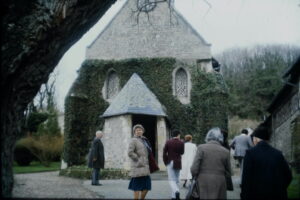
At a basketball game in Paris, of course!
We had just lost the finals of the French championship by one point. I met Gerald in the aftermath, so he witnessed my storm after a big game loss. He asked me out anyway.
Our wedding feast, so French, pheasant pate, fish in cream sauce, "trou Normand" sorbet, leg of lamb and pastries, with different wines and alcohols went on for hours. When the clock struck midnight the crazy uncles handed out party hats and pea shooters and turned the event into a New Year Eve party.
We had no clue what we were getting into.
Challenges await across cultural marriage…endless official legal paperwork, les faux pas, the misunderstandings, the sacrifices, the compromises.
Opposites do attract. Gerald was a steady, pragmatic, realistic businessman with his feet planted firmly on the ground; I was an intuitive, impetuous, irrational dreamer living in the clouds.
But we were so alike in other ways. Both of us are ultra competitive, hyper-intense Type A’s. Our arguments could rock the roof off our old apartments in Paris, but though we do disagree at times, we are also fiercely protective and supportive of one another’s goals.
Together we endured heartbreaking losses — my career ending car accident, my miscarriages, my brain injury.
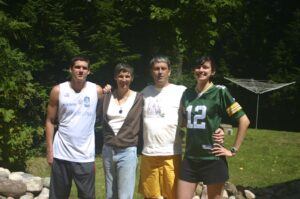 But our rewards were great; none greater than watching a bright, adventuresome daughter and a clever, witty son grow strong on basketball courts across Switzerland and go onto become doctors.
But our rewards were great; none greater than watching a bright, adventuresome daughter and a clever, witty son grow strong on basketball courts across Switzerland and go onto become doctors.
Gerald is so dependable, loyal, trustworthy, a man of integrity, but equally intimidating with his French sarcasm and quick temper. I am an overly emotional writer type that wears her heart on her sleeve.
Gerald, not a big talker, is the strong silent type. I compensate for his lack of verbosity by babbling nonstop.
I stood by his side when we laid his parents (our dear Papie & Mamie) to rest; he cradled my heart the day my dad died. As the years go by, we appreciate even more how much grandparents enriched our children’s lives and our own.
Though getting from one continent to the other has never been easy, we shared the best of both worlds. I learned to savor his French family dinners that went on for hours, he grew to appreciate my Midwest America at its best — corn on the cob and backyard BBQs.
We learned to compromise. He’ll never love burgers, but found a recipe for meatballs with ground beef that he enjoys too. I’ll never appreciate fois gras and raw oysters, but I savor the French art of savoir-faire when it comes to fine dining.
Over the years our love grew stronger strolling the beaches of his homeland Normandy and walking through the woods of our family cabin in Wisconsin, traveling throughout the Old World and sharing the bench on basketball courts, cheering on many kids, our own and others.
Whenever I crawled in despair, ready to give up, he pulled me back up on feet and encouraged me to keep fighting. When my book, represented by 3 agents couldn’t find a home, he made sure my story got published. When the school where I taught and coached wanted me to be a keynote speaker at graduation, he persuaded me to rise to the challenge. After my brain surgery, when I feared my words would jumble, he urged me to speak at Illinois State University’s Title XI celebration as a part of US women’s athletic history.
I supported him through seven different moves from assistant director to CEO, helping our kids readjust and remaking our lives.
He applauded my success as a coach and supported our children by volunteering as a score table official and team chauffeur.
On our wedding night, we united different generations of American, French and Germans, once enemies, to a shared table in Normandy, in the very land where their countries had fought each other. In our marriage, raising two bicultural, international kids as global ambassadors, we always strived to bring people together.
Gerald made me a better me. After forty years of triumphs and tribulations, I helped bring out the best in him. We became more together, than we could ever be alone.
I raise my glass to us, and to our family and friends around the globe!
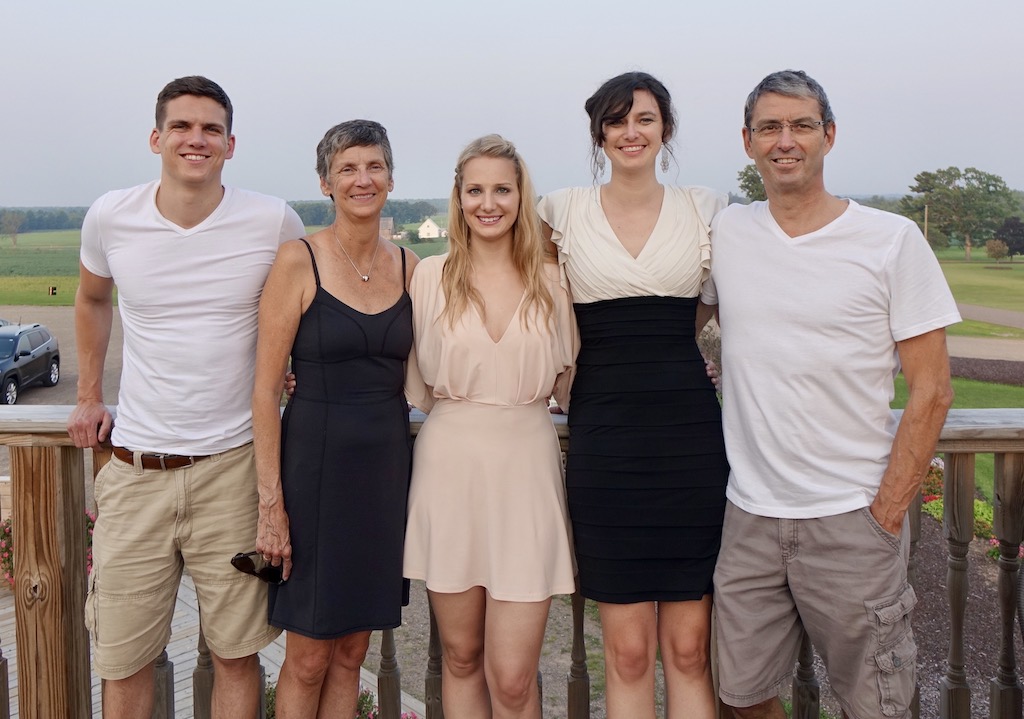
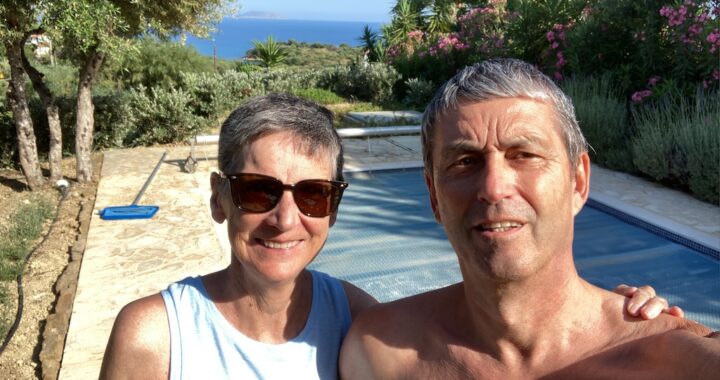






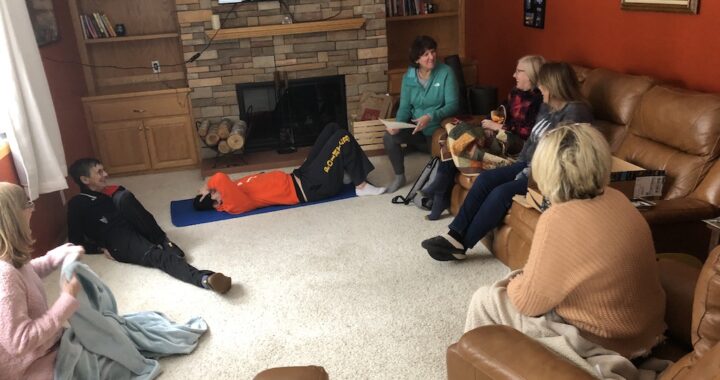
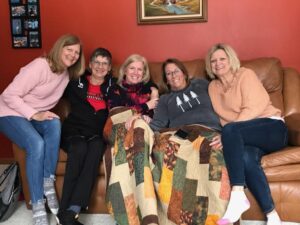 Girlfriends get us through tough times, celebrate our victories and always got our back.
Girlfriends get us through tough times, celebrate our victories and always got our back.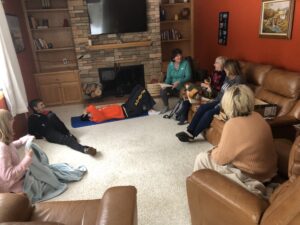 bunkmates’ early alarm clock with the darn dozer button. It never felt like a sacrifice until the basement flooded.
bunkmates’ early alarm clock with the darn dozer button. It never felt like a sacrifice until the basement flooded.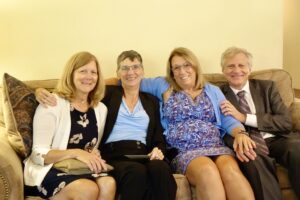 harrowing miscarriage at an isolated cabin in the woods. When our children were still young enough to drag around, we gathered for “family reunions” on my stateside visits.
harrowing miscarriage at an isolated cabin in the woods. When our children were still young enough to drag around, we gathered for “family reunions” on my stateside visits.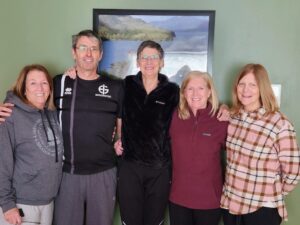 bourguignon", and "mousse au chocolat". Over champagne, we toasted to ISU, to friendship, to resiliency. We survived thyroid cancer, breast cancer, brain surgery, a car wreck and other calamities.
bourguignon", and "mousse au chocolat". Over champagne, we toasted to ISU, to friendship, to resiliency. We survived thyroid cancer, breast cancer, brain surgery, a car wreck and other calamities.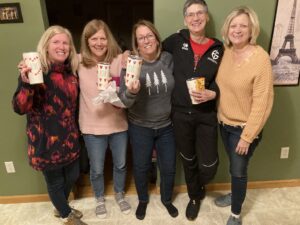 We treasured memories of that special time as college students when we starred in our own life stories savoring lazy weekends, crazy keggers and Florida spring break.
We treasured memories of that special time as college students when we starred in our own life stories savoring lazy weekends, crazy keggers and Florida spring break.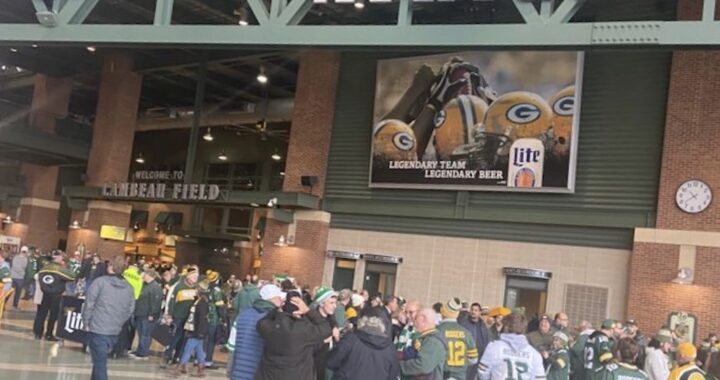










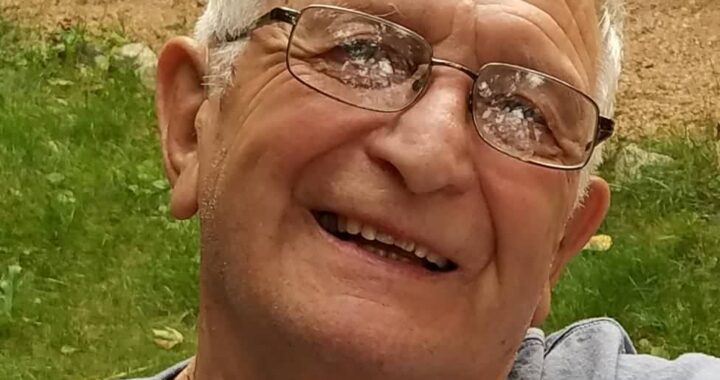
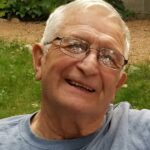 Dad was my lighthouse, guiding me ashore when lost in life’s stormy sea. He died on August 8, 2022 just nine days shy of his 91st birthday. Without him I drift bereft.
Dad was my lighthouse, guiding me ashore when lost in life’s stormy sea. He died on August 8, 2022 just nine days shy of his 91st birthday. Without him I drift bereft.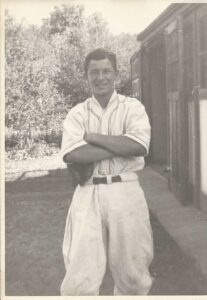 As a college athlete at Northern Illinois State University, he was a 3 sport division I athlete and MVP in 2 major sports. He was inducted into the NIU hall of fame three times, as an individual player and as a team member in the 1951 football and baseball teams. He was part of the NIU Century Basketball Team and Decade “50’s” football team. As a coach, he was also inducted into the Sterling High School Hall of Fame and the Illinois Basketball Coaches’ Association Hall of Fame.
As a college athlete at Northern Illinois State University, he was a 3 sport division I athlete and MVP in 2 major sports. He was inducted into the NIU hall of fame three times, as an individual player and as a team member in the 1951 football and baseball teams. He was part of the NIU Century Basketball Team and Decade “50’s” football team. As a coach, he was also inducted into the Sterling High School Hall of Fame and the Illinois Basketball Coaches’ Association Hall of Fame.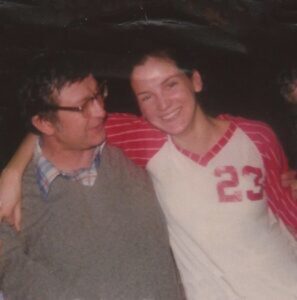 At a time when women’s sports was taboo, his guidance made me an outstanding pioneer basketball player — one of the 1st female athletic scholarship recipients at Illinois State University, professional players in the USA and American women to play in Europe.
At a time when women’s sports was taboo, his guidance made me an outstanding pioneer basketball player — one of the 1st female athletic scholarship recipients at Illinois State University, professional players in the USA and American women to play in Europe.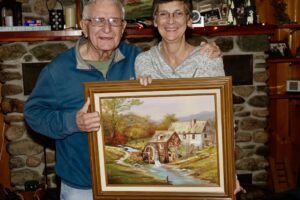 Dad, I wish I could play my guitar for you one last time.
Dad, I wish I could play my guitar for you one last time.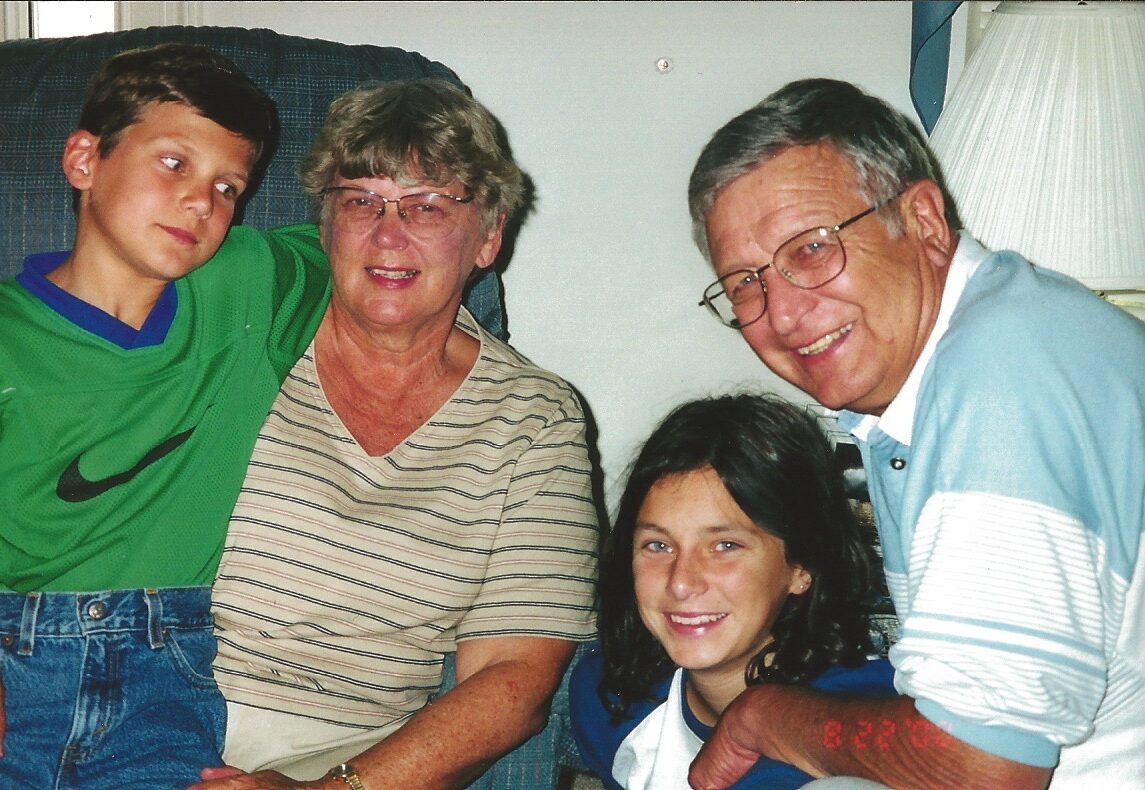
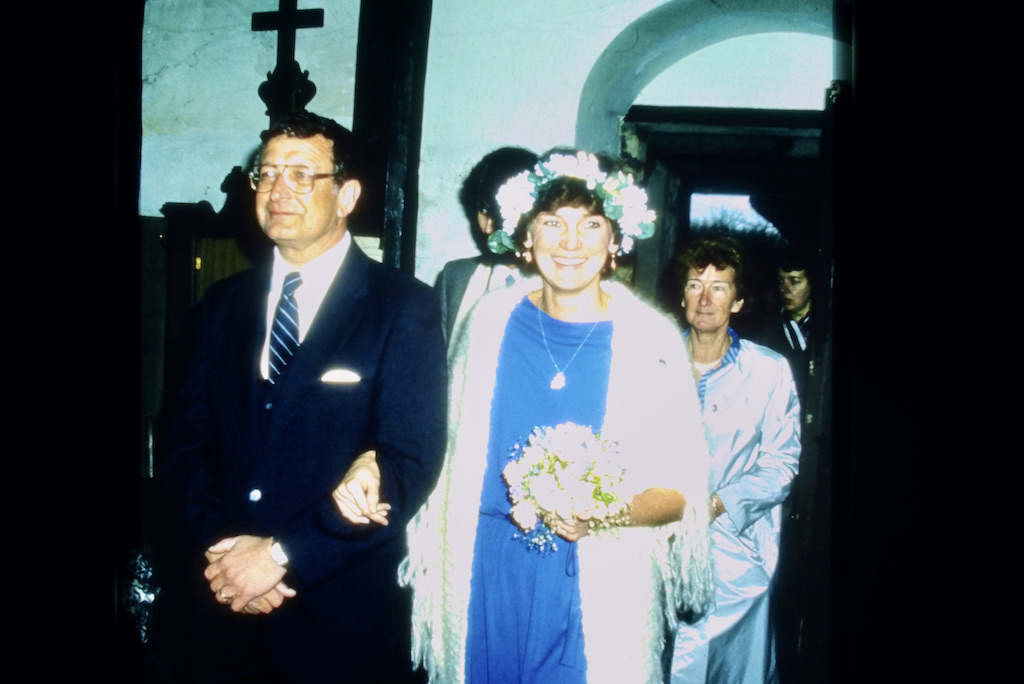
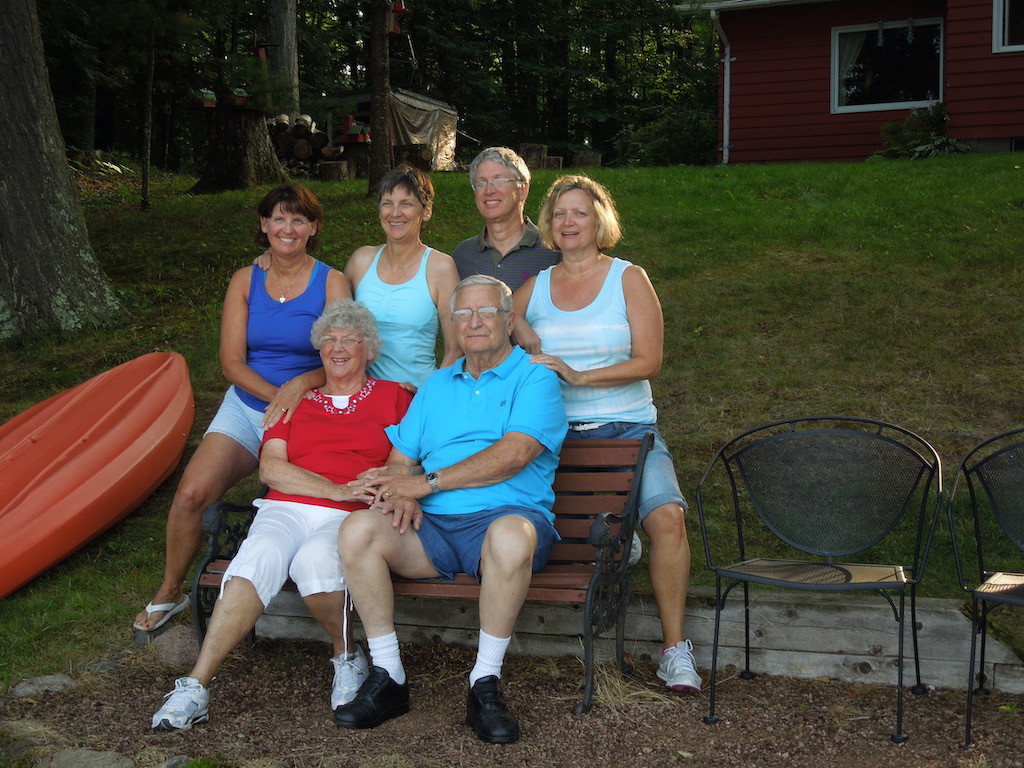
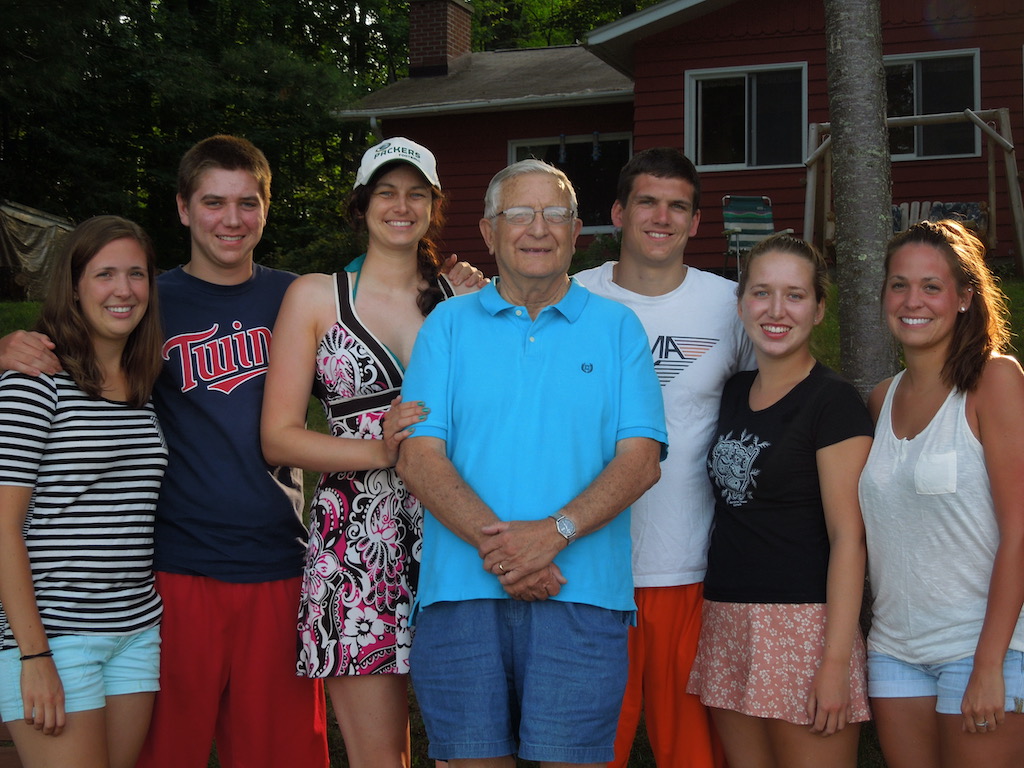

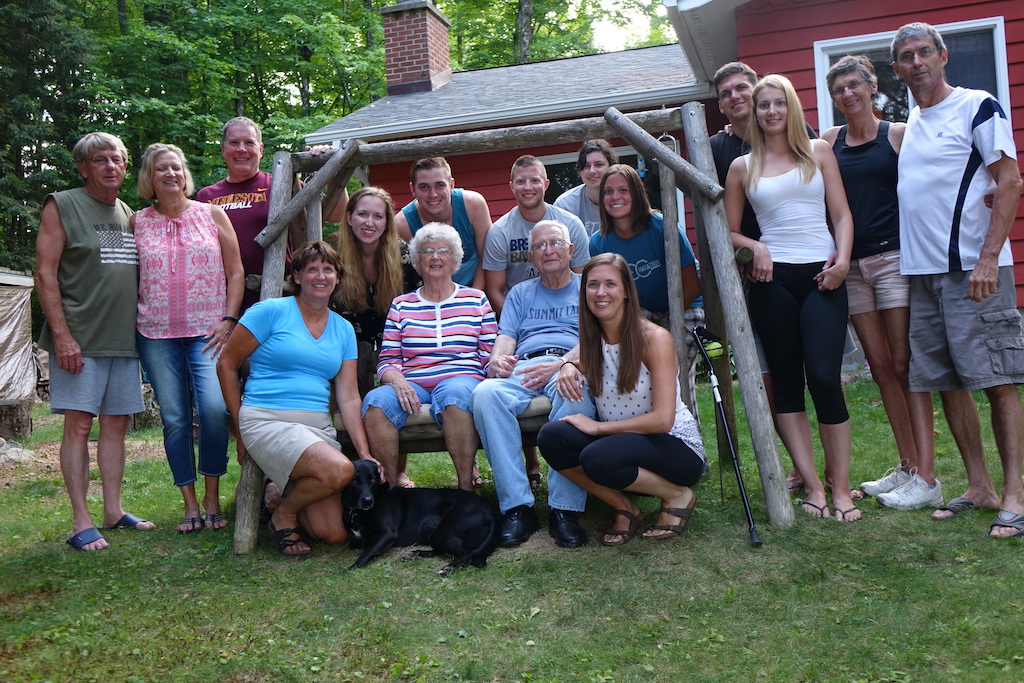
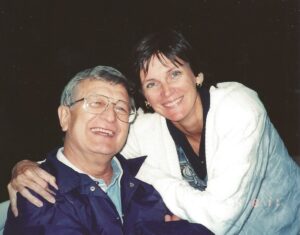


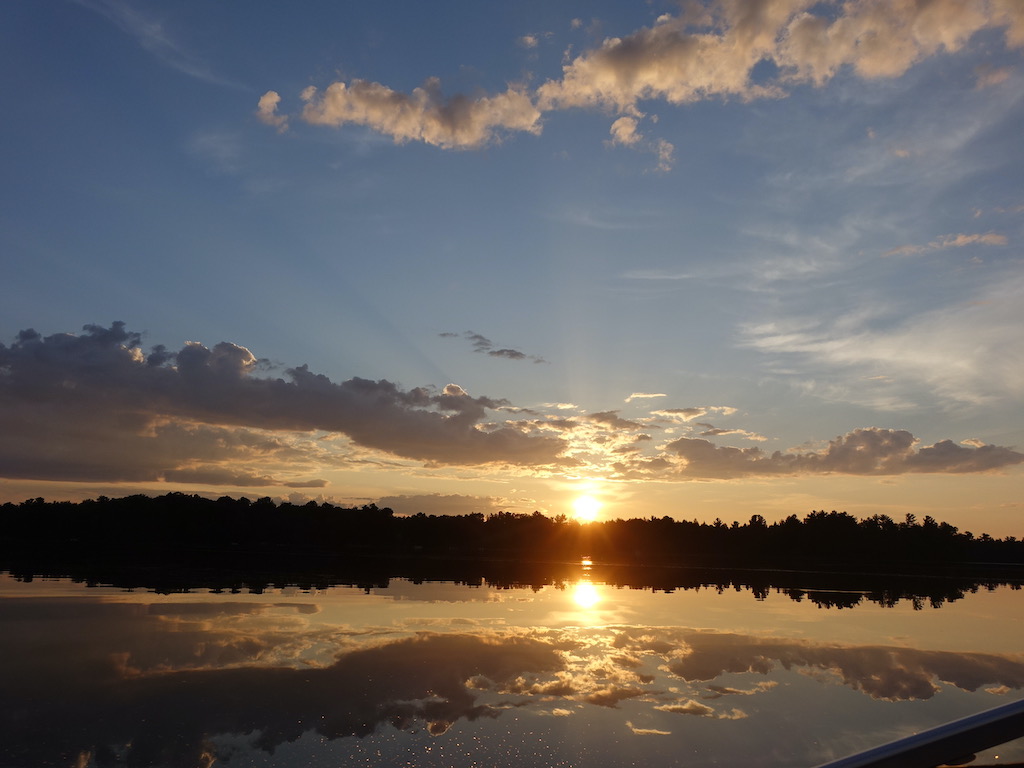
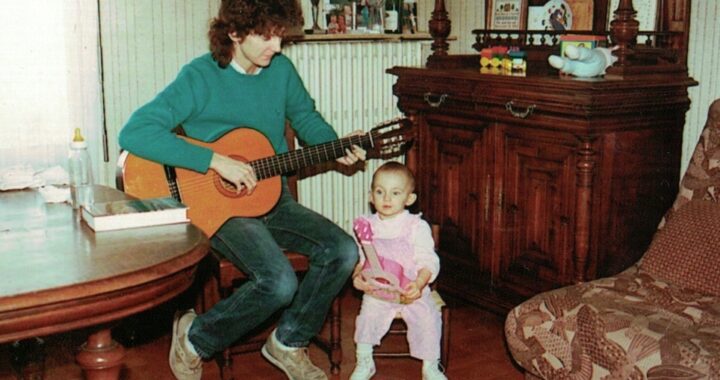
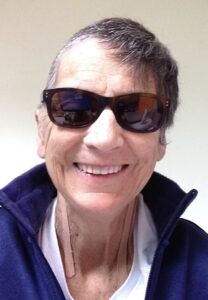 My head hurt, my face hurt, my right side hurt. One side of my head was shaved. I reached up and traced the scar dissecting my skull from my forehead to my earlobe.
My head hurt, my face hurt, my right side hurt. One side of my head was shaved. I reached up and traced the scar dissecting my skull from my forehead to my earlobe.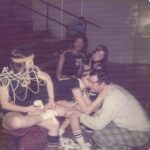 to hallucinations.
to hallucinations. With my daughter, nieces, siblings and dear mom, helping him regain mobility and self care, my determined dad learned how to push out of his chair and walk unassisted again. Just like I once I relearned how to tie my shoes, grasp utensils, and button my shirt.
With my daughter, nieces, siblings and dear mom, helping him regain mobility and self care, my determined dad learned how to push out of his chair and walk unassisted again. Just like I once I relearned how to tie my shoes, grasp utensils, and button my shirt.